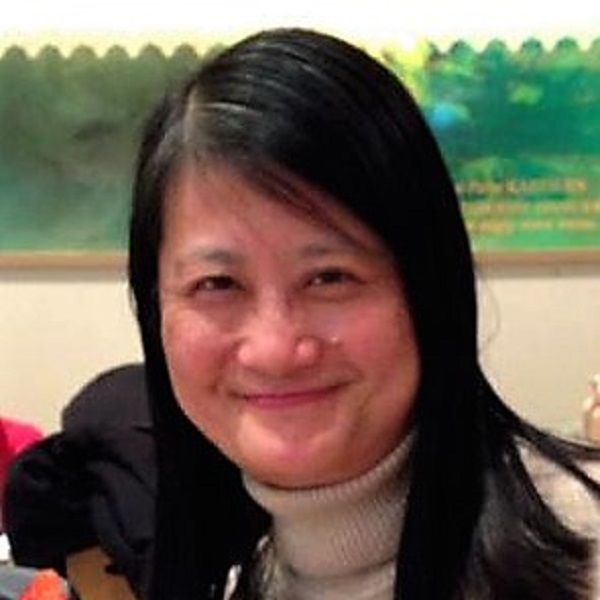
Angel M. Y. LIN
Angel M. Y. Lin received her doctoral degree from the Ontario Institute for Studies in Education, University of Toronto in 1996. Since then her research and teaching have focused on classroom discourse analysis, bilingual and multilingual education, academic literacies, language across the curriculum, Content and Language Integrated Learning (CLIL), and language policy and planning in postcolonial contexts. She has published six research books and over 100 research articles and book chapters. She serves on the editorial boards of international research journals including Applied Linguistics, International Journal of Bilingual Education and Bilingualism, Critical Inquiry in Language Studies, Language and Education. In 2018 Angel Lin moved to Simon Fraser University to take up the prestigious position of Professor and Tier 1 Canada Research Chair in Plurilingual and Intercultural Education.
How to integrate language learning with content learning is a central issue in current research on Content and Language Integrated Learning (CLIL) (Dalton-Puffer et al., 2010). In this paper I present our experience in developing and pioneering an innovative approach, ‘Concept + Language Mapping’ (CLM) (Lin & He, 2017; He & Lin, forthcoming). We draw on internationally renowned Science Education and Social Semiotics scholar Jay Lemke’s 1990’s ‘thematic patterns’ theory to tackle the challenge of integrating discipline-specific language scaffolding into the teaching of complex content topics in secondary science classrooms in Hong Kong. Our design-based research studies have yielded positive results of the CLM approach in students’ learning of both content and discipline-specific language. Implications for content-based language education or ‘Soft CLIL’ (Ikeda, 2013) as a novel way of approaching English for Academic Purposes (EAP) will also be discussed.